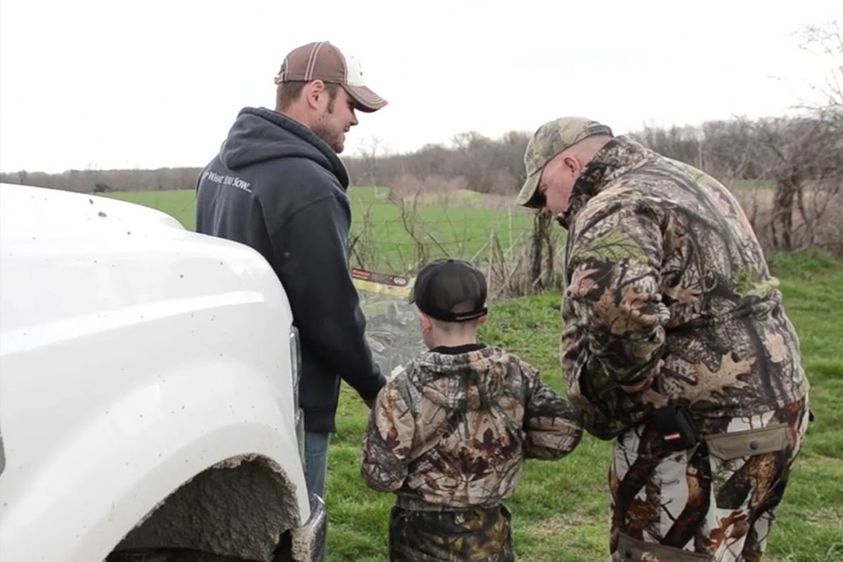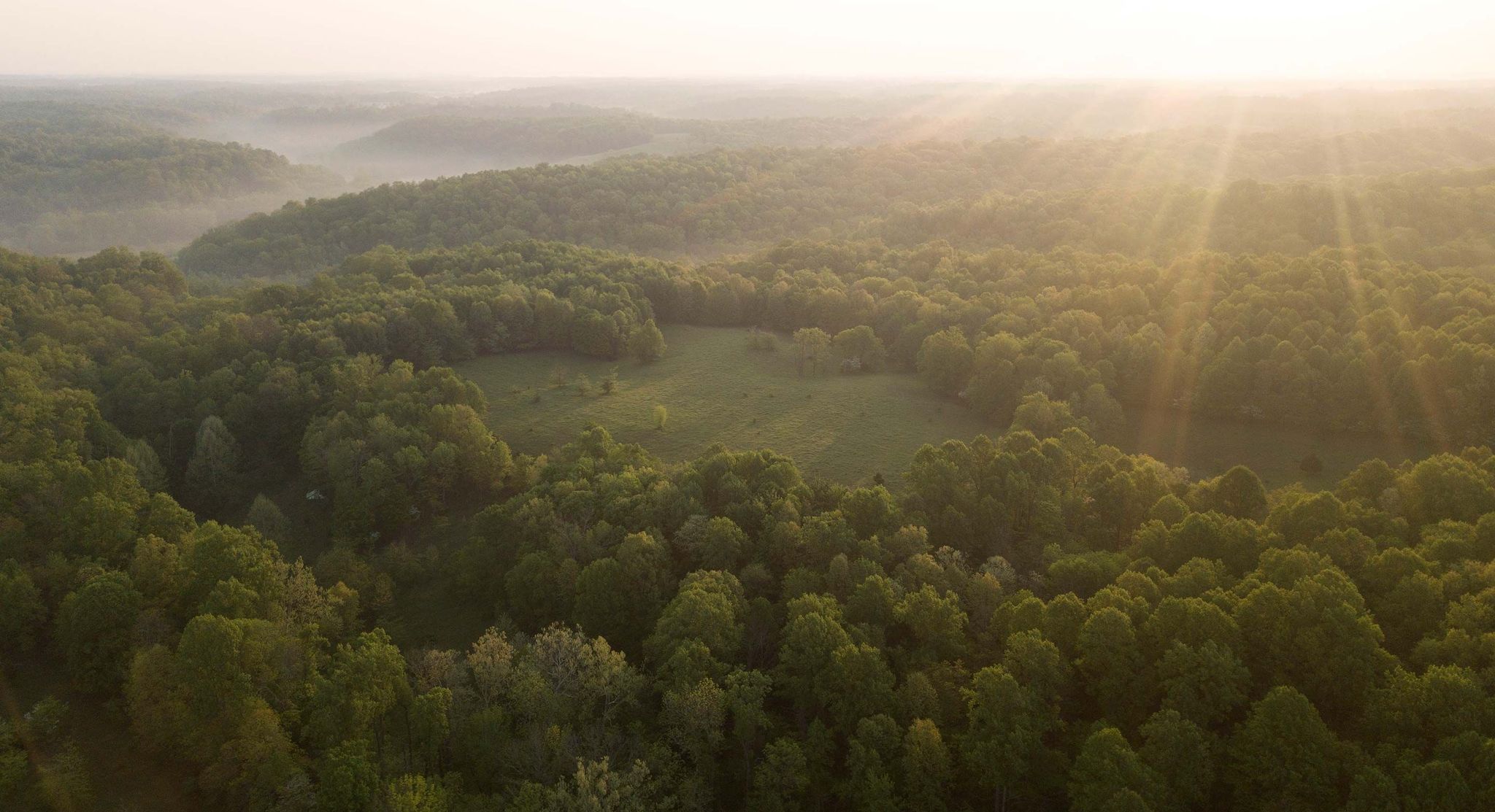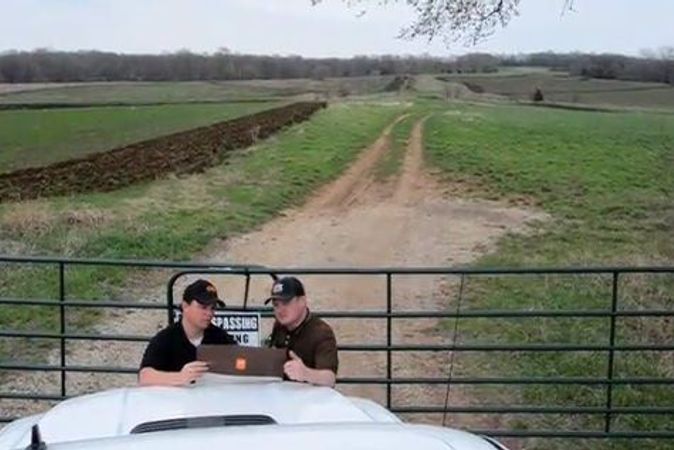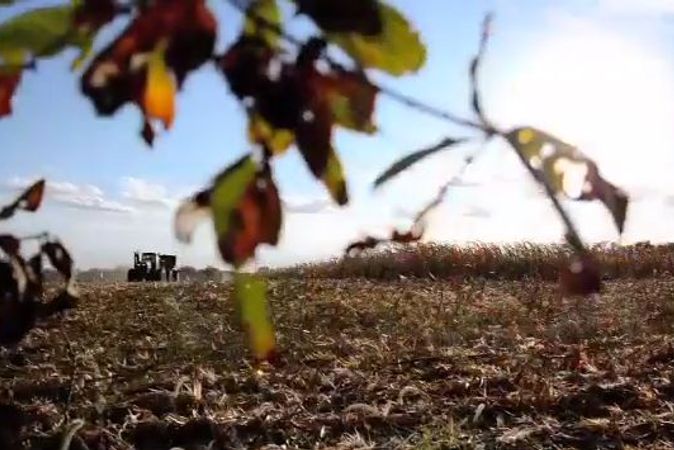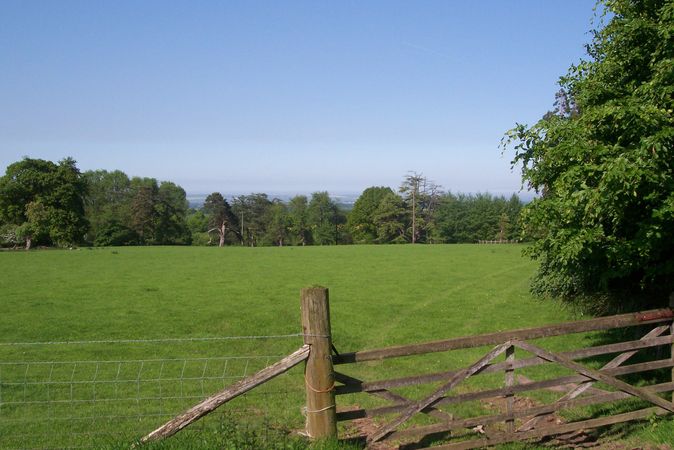Let's run some numbers. Say the average hunter saves $30,000 for the down payment on a $150,000 property, makes some improvements, allows it to appreciate and finds a way to extract some income from the land to help make the mortgage payment, he or she can build equity pretty quickly.
Then, let’s say you find 100 acres of land in the Pennyrile region of Kentucky. It has that magic 60/40 ratio of timber and cropland in a big buck neighborhood and the average price per acre in that region is around $1,800, making the purchase price $180,000. You put 20 percent down and finance the rest. You cash rent the 40 acres of tillable land to a farmer for $125/acre.
Here’s what that looks like on paper:
Initial Costs
Down Payment………… $36,000
Title Insurance…………... $1,000
Total……………………. $37,000
Annual Costs/Income
Mortgage Payment…….... $9,276 ($773 x 12)*
Taxes……………………..... $350 (Based on averages for the area)
Tillable Land Income….... -$5,000 ($125 x 40 acres)
Total……………………… $4,626
*Assuming a loan term of 30 years at a 5% interest rate
The annual cost is $358.50/month. That’s less than some truck loans, and we all know vehicles depreciate in value. Land appreciates at a yearly average of four to six percent. For this example, let’s say the rate of appreciation is five percent, enjoy this hunting property for five years before selling it.
Land Appreciation
2017……………………………. $189,000
2018……………………………. $198,450
2019……………………………. $208,372
2020……………………………. $217,844
Improve the Land
In addition to the cash equity you put into the land, you also put some sweat equity in it. Improvements such as clearing timber for small but strategic food plots were made. You created a deer bedding area and have trail camera photos and harvested some great bucks to prove the hunting value. Perhaps you installed a gate. Over five years, these improvements and the general price of maintenance cost $5,000.
Have trail camera photographs handy to prove the hunting value of the property.
Sell the Land
With proof the deer are using the property better than average for the region (i.e. harvest logs and trail camera photos) and the land has “curb appeal” (a secure gate, sturdy fencing, etc.), you can realistically list this property for $250,000. A serious deer hunter that wants the opportunity to hunt and manage trophy whitetails will probably not balk at that price, especially if you market it to them correctly (Hint: Hire a Whitetail Properties land specialist).
You might even accept an offer of $240,000 and they agree to pay closing costs.
Seller’s Cost
Improvements.................................. $5,000
Listing Agent/Broker Fee…............ $7,200
Present Day Mortgage Balance... $134,615 (Based on a standard loan amortization schedule.)
Title Insurance……......................... $1,000
Total………................................. $147,815
Note that the capital gain taxes are not itemized in this example because we are assuming the seller will put the proceeds towards the purchase of another investment property and defer the capital gains tax with a 1031 exchange.
Seller’s Net Profit
Purchase Price............................. $240,000
Estimated Seller Costs................ $147,815
Estimated Net Proceeds................ $92,185
After five years, $65,130 came out of your pocket (down payment, taxes, mortgage payment, improvements) and you earned $92,185. That’s a 41.5 percent return on investment. Plus, you were able to enjoy the land and perhaps shoot a few bucks that are now hanging on your wall. Try doing that with a paper investment, such as a stock certificate, that sits in a safe deposit box for five years.
The best part of it all? You now have a 20 percent down payment for a something around $450,000, which just might be your dream property. The above example is a rough estimate but you get the gist of the process.
To recap, keep these principles in mind when investing in hunting land with the intention to buy more hunting land:
- Look for hunting land that also produces income (crops, timber, CRP, mineral rights, etc.) to offset the cost of mortgage interest.
- Find land in a good hunting neighborhood that can be improved with work and modest upgrades.
- Most of all, look for land that can be used to pursue your passion. Whether that’s creating better whitetail habitat, duck habitat or simply building a small cabin to hang out with friends and family, make sure you enjoy working on the land.
Resources
Dan Perez, CEO of Whitetail Properties, joined the Wired To Hunt podcast to discuss how to buy hunting property. Perez breaks it down in detail and offers a ton of tips. The episode is instructive and remains relevant today. Give it a listen.


